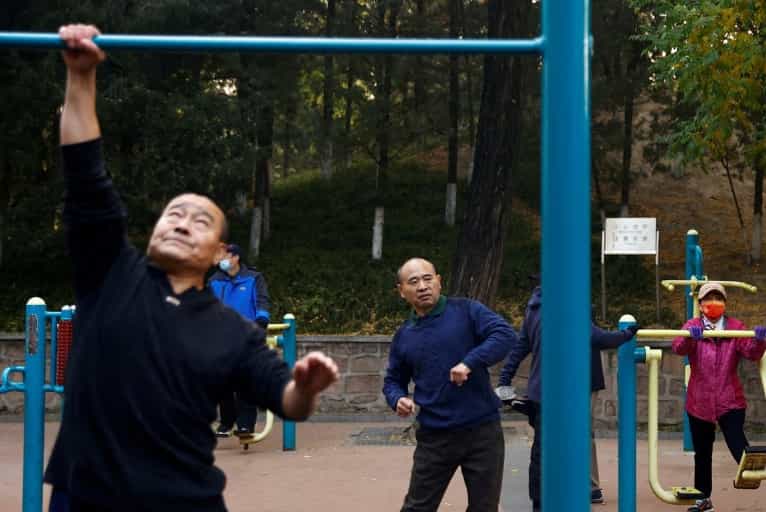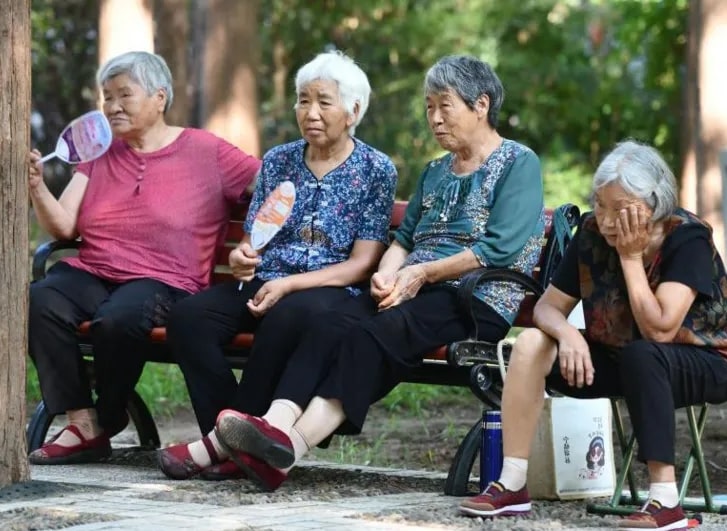China’s Retirement Age to Rise in 2025: What You Need to Know
- Update Time : 08:35:05 am, Saturday, 14 September 2024
- / 259
China’s top legislative body has approved a significant policy change: the retirement age will gradually increase starting January 1, 2025. This change, announced by state news agency Xinhua on September 13, 2024, marks the first major adjustment to retirement ages in China since the 1950s. The reform aims to address the economic challenges posed by a shrinking workforce and an aging population.

Current Retirement Ages
Currently, China’s retirement ages are among the lowest globally. Men can retire at 60, while women in blue-collar jobs retire at 50 and those in white-collar jobs at 55. This policy has been in place for decades, reflecting a time when life expectancy was much lower than today.
UK New Retirement Ages
Under the new plan, the retirement age will be gradually increased over 15 years:
- Men: From 60 to 63 years.
- Women in blue-collar jobs: From 50 to 55 years.
- Women in white-collar jobs: From 55 to 58 years.
This change aims to balance the pension system and adapt to demographic shifts. The policy will be phased in, with gradual increases to allow workers and employers to adjust.

Reasons for the Change
- Aging Population: Life expectancy in China has risen significantly. In 1960, it was around 44 years, but by 2021, it had reached 78 years. Projections suggest it will exceed 80 years by 2050. This increase in life expectancy, combined with a declining birth rate, has led to a growing elderly population.
- Economic Pressure: China’s pension system faces significant strain due to the growing number of retirees and a shrinking working-age population. Many Chinese provinces are already experiencing large pension deficits. The new policy aims to alleviate this pressure by extending working lives and reducing the number of years people spend in retirement.
- International Comparison: China’s new retirement ages will bring it more in line with global standards. For example, Japan and South Korea have retirement ages of 65 and 63, respectively. Adjusting China’s retirement age is seen as a step toward aligning with international norms.
Implementation and Flexibility
The new retirement ages will be implemented gradually:
- Starting from January 2025, the retirement age will increase incrementally based on the year of birth.
- Workers will have the option to retire earlier or extend their retirement by up to three years if they choose.

Impact on Workers and Pension System
- Workers’ Concerns: Some workers have expressed concern about the delay in accessing their pensions and the potential for job market saturation. Social media has seen widespread discussion and mixed reactions, with some welcoming the gradual approach while others worry about the implications for their careers and financial stability.
- Pension System: The reform is expected to ease pressure on the pension system by:
- Reducing the number of years people spend in retirement.
- Increasing the working population, which helps fund pensions through contributions.
- Future Contributions: Starting in 2030, workers will need to contribute to the social security system for 20 years, up from the current 15 years, to qualify for pensions. This change is intended to ensure a more sustainable pension fund.
Challenges and Reactions
The policy has sparked a mix of reactions:
- Support: Some view the policy as a necessary reform to address China’s demographic challenges and stabilize the pension system.
- Opposition: Others are concerned about the increased burden on workers and the potential negative impact on the job market. The announcement has also faced criticism for not addressing the underlying economic issues affecting young job seekers.
Last Words
China’s decision to raise the retirement age reflects a broader effort to adapt to demographic changes and economic pressures. While the policy aims to strengthen the pension system and align with international standards, it also raises concerns about its impact on workers and the economy. As the policy takes effect, it will be important to monitor its implementation and address any emerging challenges.































